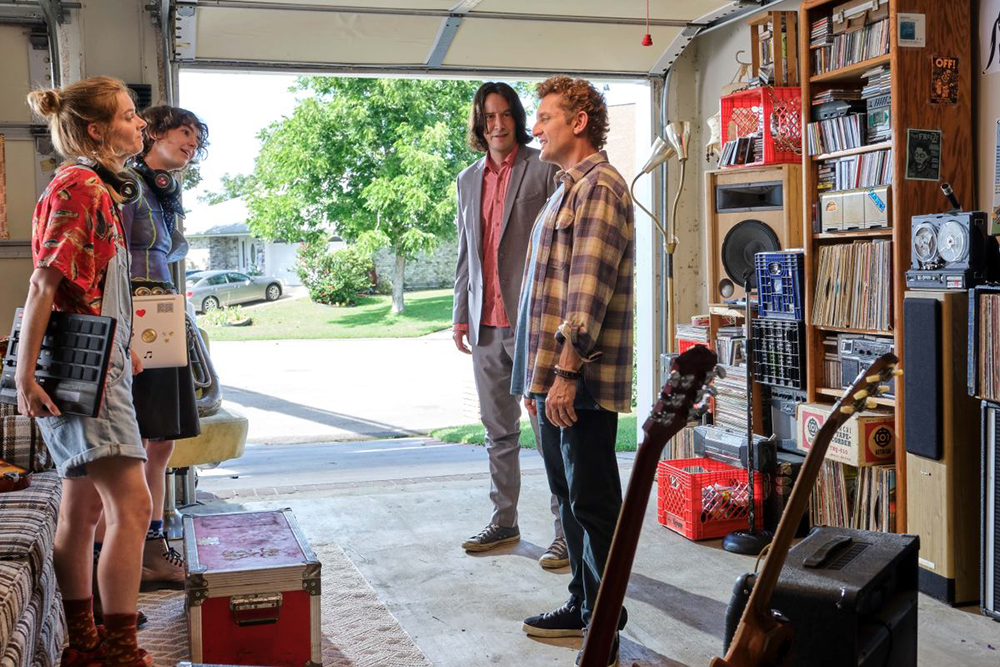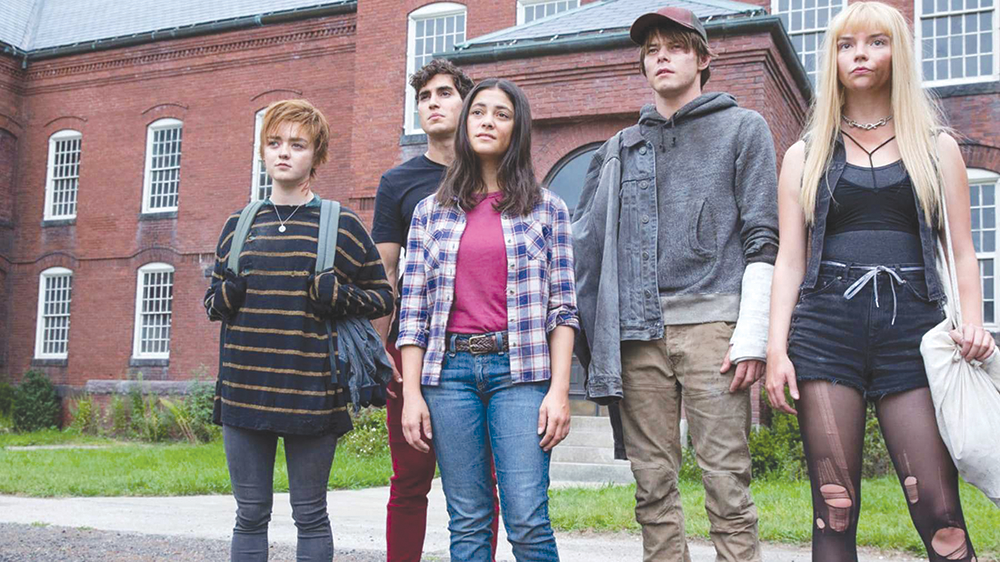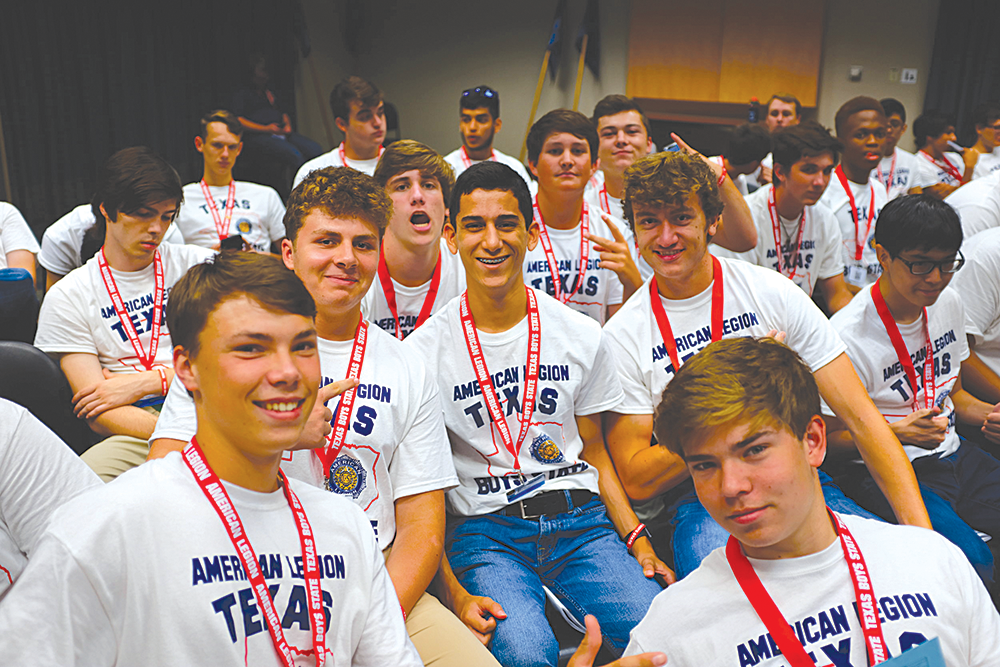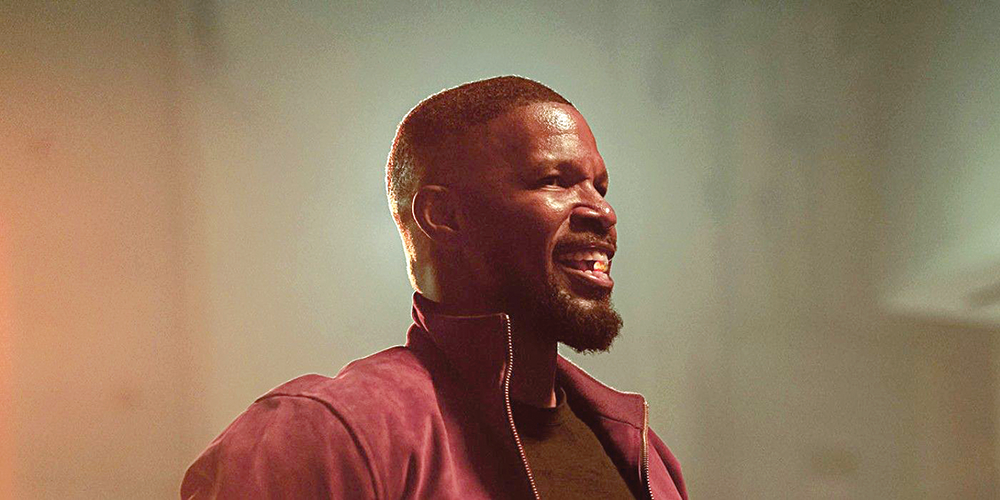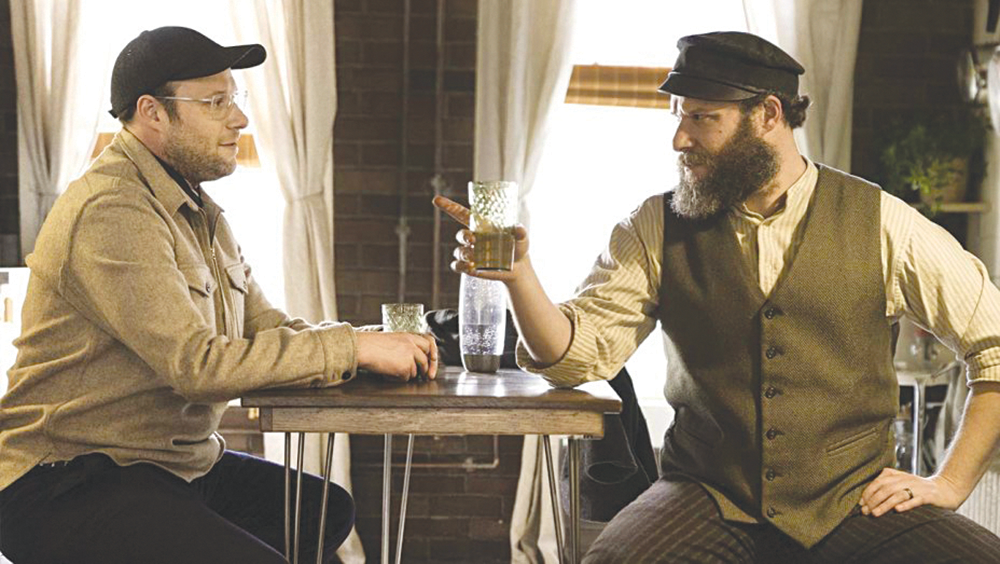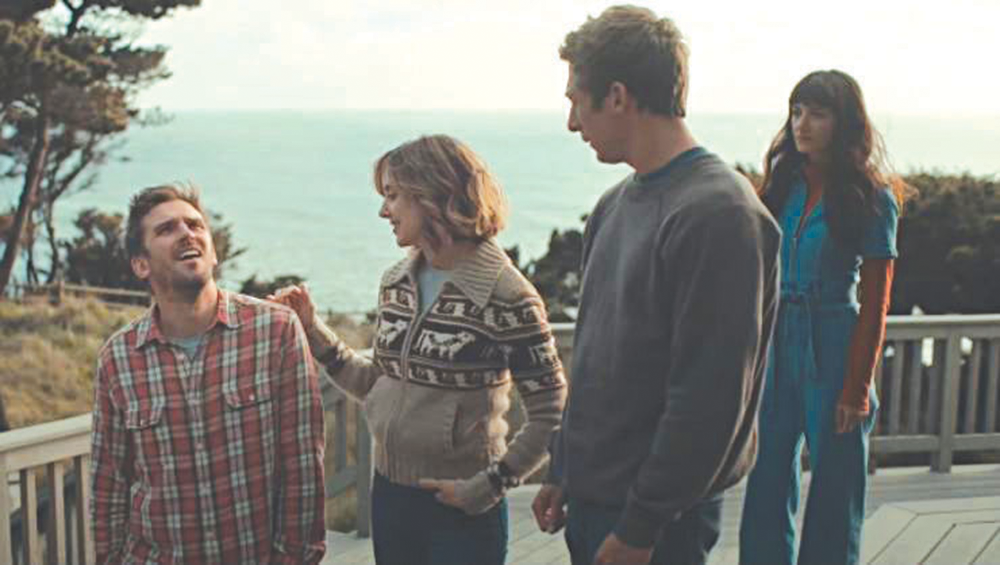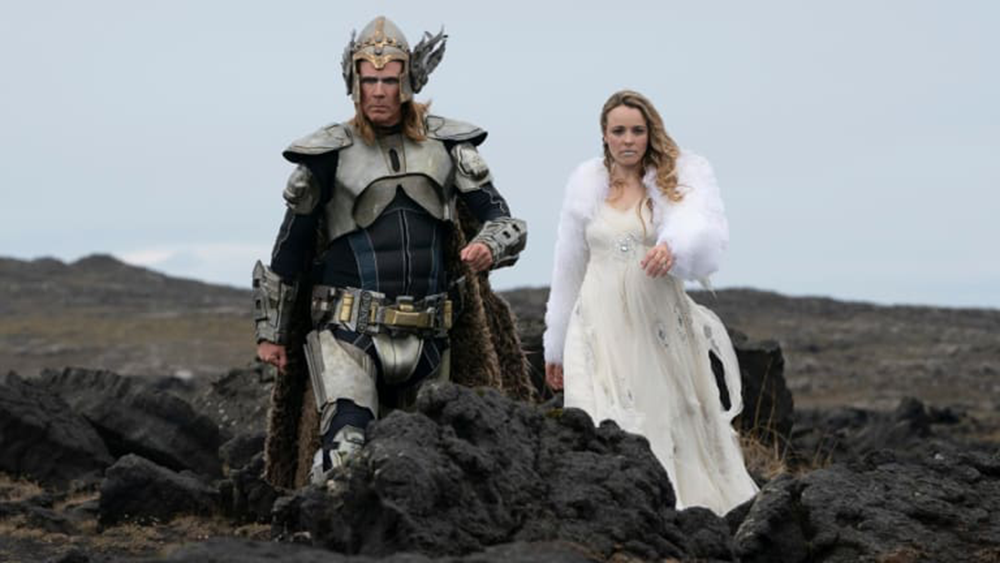A young woman becomes a warrior in Mulan, a very pretty, vaguely unsatisfying live-action remake of Disney’s 1998 animated movie.
From the time she is a little girl, the Force is strong with Mulan (Liu Yifei), who is expected to do girly things like be calm and put up with the matchmaker but would prefer to ride horses and sword fight. Her father (Tzi Ma) sees that Mulan has a strong life force (treated here as near superhuman agility and dexterity) but tells her to hide it because these skills aren’t something anybody has on their wife-qualities wish list.
But then invaders attack the empire and the emperor (Jet Li) tells his army to conscript one man from every family. This means Mulan’s dad must march into battle, since his only children are Mulan and her sister (Xana Tang). Mulan’s mother (Rosalind Cho) tells the girls that their father, who still has a leg injury from his previous military service, won’t live through this battle, so Mulan takes his sword and his armor and sneaks off herself, posing as a boy and immediately volunteering for nighttime guard duty so she can avoid showering with the guys, especially friend and competitor Honghui (Yoson An).
The invaders they’re training to fight are led by Bori Khan (Jason Scott Lee), a jerk, and Xianniang (Li Gong), a witch who is helping Bori Khan despite the fact that he is a super jerk to her, a witch, with all sorts of powers that would seem to make Bori Khan unnecessary to her goals.
And as I’m writing this, “super-soldier versus witch” sounds like a fun fantasy action tale but that pared down description is way more interesting than the movie we are given.
Mulan is beautiful to look at — eye-catching color and detail-rich when it comes to costumes, cinematography and production design. There are so many moments when I was ignoring the story and just taking in the shot of the Imperial City or a lone rider in the desert. This movie’s visuals are Oscar-worthy work and it will be interesting to see if top shelf work that went the home viewing distribution route gets the same award season consideration as theatrical releases.
Mulan’s visuals and my total lack of a connection to the 1998 animated movie probably resulted in my enjoying the experience of watching this movie more than I would based on story alone. This movie reminded me a bit of 2017’s Beauty and the Beast, where you could feel it trying to update-for-2020 elements of the story with mixed results. Mulan pushes romance to the very edge of the story (which is fine) and sets up a theme of “take your place” versus “know your place,” a promising idea that at times is presented clunkily, as though there is still some first-draft-iness that needs to be worked out. Xianniang and Mulan become the center of the story’s struggle and they meet a few times and trade extremely straightforward dialogue on their respective motivations. I feel like the movie hadn’t totally figured out what it wanted to say with these two characters and their different (sort of?) approaches to being powerful women in a man’s world. The result is an arc for Mulan that feels underwhelming and not as well developed as I’d expect for such an established character.
That said, the viewers Mulan is meant for (probably kids of about age 10 to 15 or 16; Common Sense Media gives it an age 11+) will be getting a decent, non-gory action movie in exchange for their $30. Liu Yifei is a solid enough lead who carries off the acrobatics of her fight scenes well; they are probably the most joyful scenes of the movie. And, while not quite the experience of seeing, say, a battlefield avalanche on the big screen, the movie is visually stunning enough to transcend even the limitations of a medium-sized TV. B-



